Dyed-in-the-wool Cumberbitches have been having a tough time for months as Benedict Cumberbatch has mostly disappeared from the limelight. He’s been hard at work on Doctor Strange, and I’m pretty sure he’s going to be filming projects back-to-back for months. We won’t really have a good old-fashioned Cumby PR tour until the fall, when Bendy has to become a Marvel performing monkey to promote Doctor Strange. So this is just a small moment with him – he gave an interview to Lion’s Roar magazine, which seems to be a small little publication about Buddhism and the Buddhist life. Bendy is sort of a Buddhist, and he finds peace and stillness in meditation and Buddhist contemplation.
His may be one of the better-known faces on the planet these days — he’s the star of Sherlock, The Imitation Game, and many other films, including the forthcoming Doctor Strange. But what even die-hard fans might not know about Benedict Cumberbatch is that he considers himself a Buddhist, and even attributes some of his success to his time in a Tibetan Buddhist monastery. Inside the May 2016 issue of Lion’s Roar (the leading Buddhist magazine formerly known as the Shambhala Sun), journalist Dominic Wells sits down with Cumberbatch to get the whole story.
After graduating from high school, he spent time in a monastery in India, where he learned about Buddhism while teaching English to the monks there. “I’d always been fascinated by the idea of meditation and what it meant,” the actor says, and so he attended a multi-day retreat. “It was incredible. When you’ve been that still and contemplative, your sensory awareness is heightened and more sharply focused,” says Cumberbatch. “Stillness is an essential part of acting.”
Today, Cumberbatch describes himself as a Buddhist, “philosophically,” and uses his practice in his acting. “Sometimes as an actor you’re looking for the infinite,” he says. “If you can hold that, if you can remember that in the chaos, it will anchor you and give you grace and ease.”
Cumberbatch also discusses a near-death experience, what he learned about life from the Tibetan monks, and his excitement to return to India to film Doctor Strange.
I sort of forgot this about him, that he has a long-standing interest in Eastern religion and philosophies. That’s probably one of the reasons he was drawn to Doctor Strange, honestly. Benedict Strange (not the character’s real name, but one that suits Bendy) is a doctor who loses the use of his hands, then he goes to Tibet to study and ends up a powerful magician/sorcerer. Anyway, I can see how Buddhism would be useful for an actor, and Bendy is right about “stillness.” Benedict is a great “still” actor. He can do a lot with very little. But now I’m thinking about Sherlock and how long we have to wait for the new season. Sigh…
Cover courtesy of Lion’s Roar, additional photos courtesy of EW, WENN.

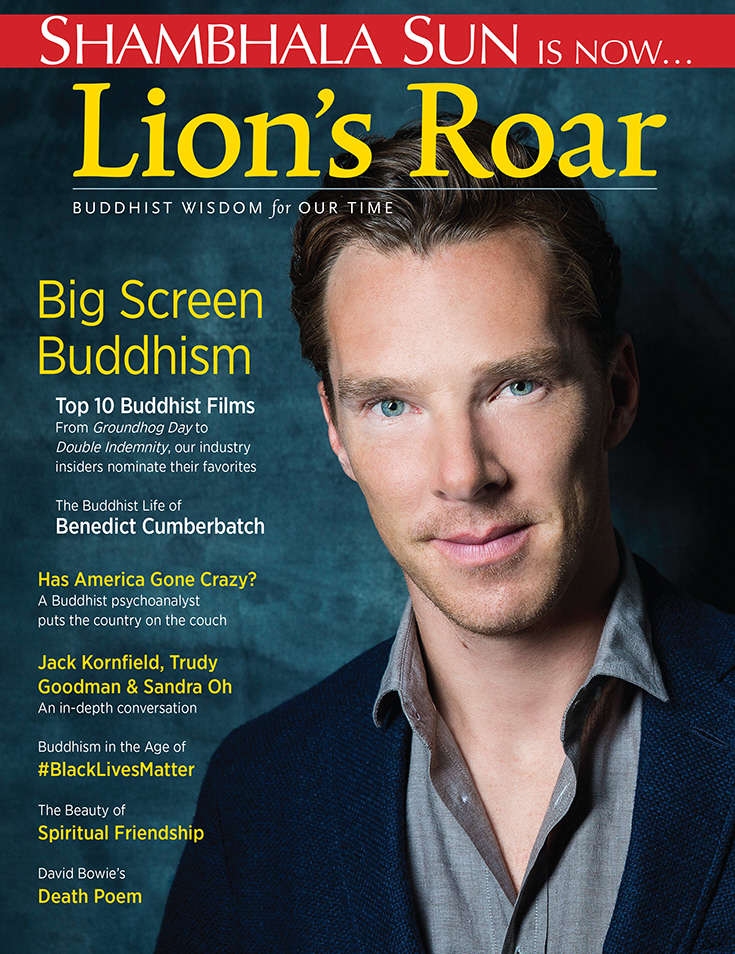
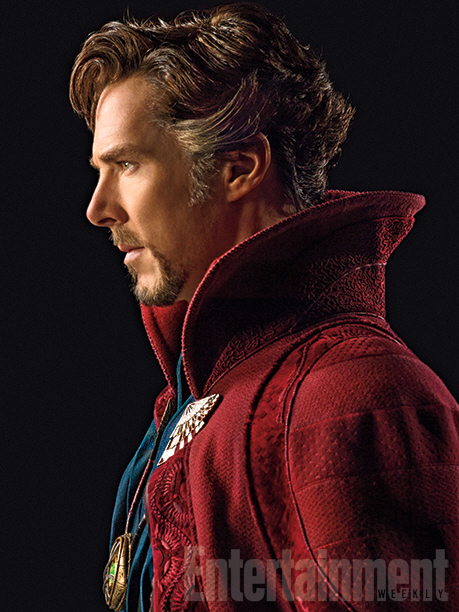
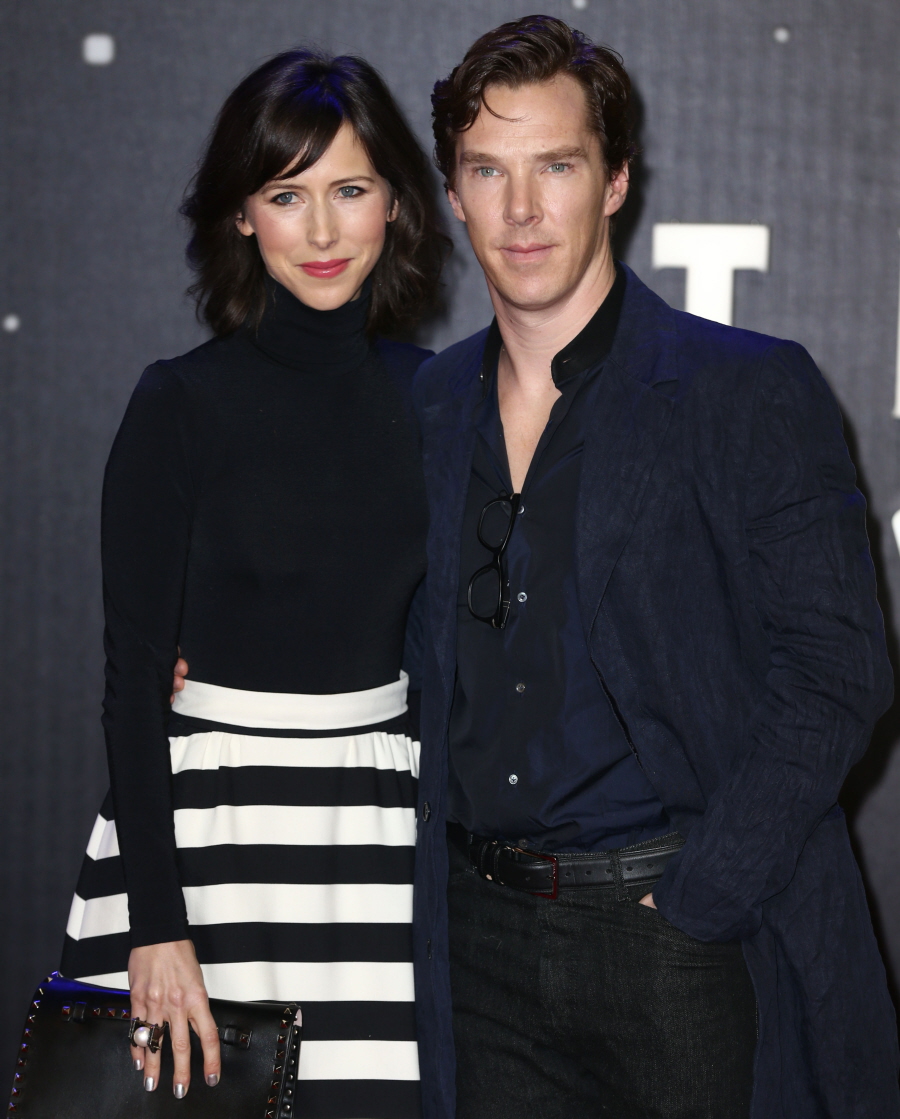

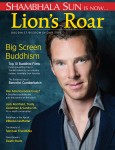
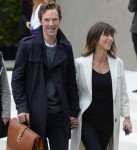
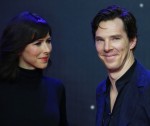











i agree. there are many important parts in a movie where an actor needs to be still.
like a shallow puddle, a mannequin, or a patsy.
I’m just now getting into meditation and it’s helping me tremendously.
It’s quite amazing isn’t it….it stills all the chaos and ego chatter. Really helps me to get to the core of an issue in a calm, compassionate way.
I’m naturally an anxious person and meditation has really calmed me down. The breathing and coming into my own body and mind to become center has benefited me greatly.
After binging on Sherlock, I developed a total Cumby obsession for awhile, but it seems to have passed.
Me too – I now find him an incredibly annoying and pretentious twit, albeit a talented one. Success has gone to his head.
And here I was, sitting still in my corner and meditating while thinking how wonderful this past few Cumber-free months/awards season had been…pity that it is over so soon. I think we needed the break from the press even more than he did…
You’re right KAISER, the performing monkey routine is coming, and I still think that this whole Dr. Strange business was a bad career move for him. He will be more popular and more sought after if the movie does well at the box office, but I can’t help myself and think that it will be a PR DISASTER… the bad side of the fandom + his foot in mouth tendencies + exhaustion that brings the worst sort of defensiveness in him…OR we might get generic answers and tight smiles, and I really don’t know which I prefer more.
Saw “The Hollow Crown” teaser
yesterday and I admit that’s the first time I ever thought Richard III was hot.
Richard III was ALWAYS hot, but I’m now afraid Cumbs will ruin it. He’s way too hammy for that part.
Yes, it’s amazing how normal his family seems when they aren’t on the red carpet every day. I really think that the whole fan hysteria wouldn’t have happened if he got married during a quieter time in his career.
Genuine question:
Could any of this be seen as cultural appropriation? What does everyone think?
For example, I have friends who are Indian and they get mildly annoyed when they hear about white female celebrities expounding upon the benefits of yoga and promoting yoga, because yoga itself is so tied to Indian culture and religions like Hinduism, Buddhism, and Jainism. It’s a very spiritual and religious practice. I mean, it’s become mainstream here in the U.S. to the point it’s very “basic” and “Lululemon” but my friends think it’s amusing when they hear white women saying things like “chaturanga dandasana” with a flat American accent. My friends question one’s ability to truly understand and appreciate yoga without a deeper knowledge about India and Hinduism. I see where they’re coming from.
Buddhism is not just meditation and “multi-day retreats”, dude. So no, “Buddhist stillness” is NOT “an essential part of acting.” If you really want to say you’re Buddhist, don’t you have to denounce China’s violations in Tibet? Someone like Richard Gere has demonstrated his commitment to Tibet and he has been barred from entering China due to his activism. Someone like Benedict Cumberbatch is beloved by Chinese moviegoers and audiences and due to financial and political reasons he would never denounce China publicly. So I think his so-called Buddhism is leaning more toward fetishism and “exotification” of a very important spiritual practice. That’s not to say, of course, that white people can’t be Buddhist. There’s just a fine line between appreciation and appropriation.
The same thing could be extended to meditation and martial arts, could it not? It’s strange when people talk about all these things and claim to practice them and love them and yet not know the cultural and historical basis for some of these practices and not study up on history. One of the biggest irritants to me, as a Korean-American, is seeing taekwondo (a Korean martial art) misrepresented and used interchangeably with karate (a Japanese martial art) and ninjas (again a Japanese cultural concept) and kung fu (Chinese). “Kawaii” is Japanese. “Harajuku” is Japanese. Kimonos are Japanese. Kimchi is Korean (forget about the Chinese government’s official position on kimchi). Different cultures use different types of chopsticks (wood – Chinese and Japanese, metal – Korean, long chopsticks – Vietnamese), though this is less concrete and more fluid than other cultural distinctions.
Egregious examples abound in Hollywood and the media (I can’t remember what movie it was, some comedy, but the protagonist’s child was doing “taekwondo” and a Japanese flag was prominently displayed in the scene. Anyone who is Korean will understand how shocking and offensive this is), but this happens on a day-to-day level of experience for East Asians. It’s frustrating when people obsess over things without truly understanding the historical and cultural context behind them. Addressing Chinese and Japanese and Korean culture interchangeably is actually a huge political and cultural faux pas, for numerous reasons. There is a lot of bad blood among these three countries and Hollywood better get themselves educated on the history and cultural differences if they see Asia as the future of the global box office. They can’t make money without a basic grasp of fraught international politics. Nowadays, pop culture IS politics. China withholds pandas from American zoos when they feel the U.S. government has sanctioned them. Everything has meaning.
Granted, this kind of appropriation has not been limited to white people and Westerners alone. There is a lot of appropriation within different racial groups as well. Certain ethnic groups with greater political power throughout history taking advantage of other ethnic groups. Story of our lives, am I right? Korean culture has been, at times, “stolen” by the Japanese at various points in history (e.g. during the Japanese occupation of Korea, they stole Korean artwork – vases and pottery – and passed it off as Japanese art). Like I mentioned above, the Chinese government also likes to pretend that kimchi is Chinese in origin (that’s their official position on kimchi). The Chinese did invent pickling (eventually this found its way back to Europe and thus sauerkraut and pickles were born) but kimchi is Korean. Period. There is a lot of cultural significance to kimchi that makes it a very important symbol for the Korean people. I’m not demonizing white people or Benedict Cumberbatch. He’s ultimately harmless but the fact that he pretends to ruminate about Buddhism is a sign that Westerners and particularly Hollywood do not take Asian culture seriously (still!) and do not consider the financial ramifications at the box office and beyond. That’s why Doraemon topped Batman VS Superman at the Japanese box office. That’s why The Mermaid has made $500 million in China. Without a deeper understanding of the nuances of different cultures, you’re going to make a blundering mess of things.
Sorry about my rambling rant. Just on my mind today.
Omg, I totally agree with what you’re saying!!! There was this one movie, that seriously pissed me off, I think Jason Statham was in it, and there were supposedly filming Chinatown, at least according to what the actors were saying, but everything was in Korean!!! The extras were speaking in Korean! That seriously annoyed the crap out of me and the sad thing is that it’s not getting any better either.
Great post! I agree.
I think you should differentiate between ignorant people who can’t be bothered to find out a few simple things and people who are genuinely interested in other cultures. Let me ask you this would you consider an Asian person’s [male or female] interest and practice of ballet cultural appropriation? Is it only white people who should appreciate and play Mozart or opera? I thought the fact that white people open themselves to other cultures was to be encouraged rather than criticized. But I understand your point people know a few bits and pieces and they are suddenly experts or claim to understand another culture or people. In Cumberbatch defense he said stillness was a great part of acting not Buddhist stillness.
Appropriation is ultimately about power. Cultural appropriation refers to a specific power dynamic where members of a dominant culture take elements from a culture of people that they continue to systematically oppress. Therefore people of color cannot appropriate white culture they can only assimilate it. Cultural appropriation doesn’t work both ways.
I”ve been a Buddhist since 1991. It has had a profound effect in my life. It saved my life. I was raised as a Catholic. Attended Catholic school for 12 years from 1966-78. I had problems with alphabetizing words. I learned how to read a clock in 3rd grade. In 2nd grade we had a test to alphabetize words. We graded each other’s work. I failed. The nun asked those who failed to raise our hands. I didn’t say anything because I was ashamed and terrified. When our teacher saw the papers she called me up to the front of the room. She slapped me across the face, open hand, hard. When I got home my mother was extremely upset. The area where where she struck me was red. I had other experiences, but I don’t want to discuss them. My experience was one of shame; spiritual & emotional pain. Due to the emphasis of certain doctrines I felt that no matter what I did, how good I was as a person I could never be a good person. I realize that my experience does not reflect other Catholics.
I suffered extreme trauma all of my life. When I hit my 30’s I felt so much pain. I was a good person, kind. I made tremendous sacrifices for my mother, siblings. It was never enough. I felt worthless. It didn’t matter if I lived or died. My life didn’t have value.
I learned about Buddhism in 1991. For the first time in my life I felt peace. I felt love. My compassion for myself and others deepened. I came to life. I have meditated since I was 17, it was transformed. It changed my life. I have experienced other trauma as an adult, but re-reading and reflecting has helped me through it.
I am an avid reader of Shambhala Sun. It’s on many magazine racks. If Buddhism has influenced Benedict and he wants to discuss it, that’s great. Look up Uma Thurman’s father, Robert Thurman. I can’t even express his commitment to Buddhism. Everyone has their own path. Studying and practicing Buddhism has had a profound, healing experience in my life.
Wow, Spike; thanks for sharing part of your story. I had a similar experience (although not nearly as intense as yours) growing up attending a southern Baptist church. It wasn’t until I started sitting practice with my karate sensei that I discovered Buddhism as both a religion and a philosophy. Like you, it transformed me and ultimately led me to my life’s passion. I consider myself a Buddhist atheist a la Stephen Batchelor, but have found a lot of value in many contributors to the realm.
@KHLBHL, I think I understand your concerns. Certain traditions seem to be picked up and put on by some people as if they’re clothes rather than important—sometimes even sacred—aspects of cultural/religious life. As someone else said (and I agree with the observation), the intention of the person is part of whether such actions are likely appropriation versus genuine respect and interest.
I hope that my karate practice (in a traditional-style dojo) is recognized as honoring an aspect of Okinawan/Japanese culture and history that offers very important lessons that American society really doesn’t provide. We know it isn’t accurate in many ways—in no small part because Japanese culture has changed since our style originated—but we approach our work with respect for the lineage and a desire to continue it. I hope that isn’t considered appropriation.
I love the header photo with him smiling – otterly delightful!